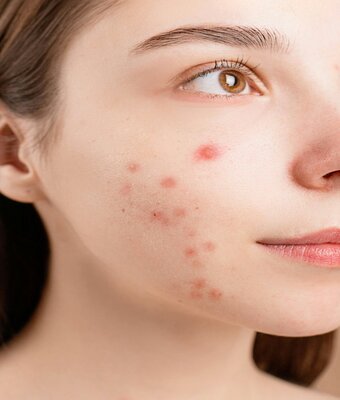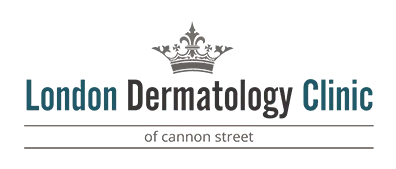
What Causes Pregnancy Acne And How Can You Treat It?
Pregnancy can be such a magical time, but it can also bring some surprising changes to your skin—especially pregnancy acne. It’s totally normal, but that doesn’t make it any less frustrating. The good news is, you don’t have to just accept it as part of the process. There are safe ways to manage acne during pregnancy, and I’m here to guide you through it.
Why Acne Happens During Pregnancy
So, what’s really going on when pregnancy acne strikes? It’s mostly all about hormones. When you’re expecting, your hormone levels rise, especially androgens (the hormones responsible for skin oil production). This increase in hormones leads to your skin producing more oil, which can clog pores and lead to breakouts. It’s super common during the first and second trimesters and often clears up once your body adjusts.
Tips to Prevent Acne During Pregnancy
There’s no magic bullet, but a consistent, gentle skincare routine can make a big difference. Here’s what I recommend:
Keep it simple: Wash your face twice a day with lukewarm water and a mild cleanser—nothing harsh. You don’t want to strip your skin of its natural oils, but you also want to keep things clean.
Moisturize: It might seem counterintuitive if your skin feels oily, but moisturizing with an oil-free product can help keep your skin balanced.
Hair care matters, too: If you have oily hair, it’s a good idea to wash it more often. Oil from your hair can transfer to your face and trigger acne.
Makeup choices: Go for makeup that’s labeled “non-comedogenic” (meaning it won’t clog your pores). And always remember to remove it before bed!
Hands off: I know it’s tempting, but try not to touch your face too much. Your hands carry oils and bacteria that can make breakouts worse.
Change your pillowcases regularly: Dirty pillowcases can transfer oils and bacteria to your skin while you sleep, so wash them every few days.
What to Do If Acne Persists
Even with a good routine, acne can still pop up. If it happens, don’t panic—just be cautious with your treatment options. Some acne medications aren’t safe during pregnancy, so always talk to your doctor before using anything.
Here are a few options that tend to be safe:
Over-the-counter treatments: Products with benzoyl peroxide or glycolic acid are usually okay, but it’s always worth double-checking with your doctor.
Prescription treatments: If you need something stronger, your doctor might suggest topical antibiotics or other treatments that are pregnancy-safe.
Natural remedies: Some women swear by apple cider vinegar or honey. These can be soothing, but they don’t always work for everyone, so it’s best to check in with your doctor first.
Let’s Talk About It Together
I get it—dealing with acne while you’re pregnant can be really frustrating. But you don’t have to go through it alone. I’m here to help you find what works best for you, so you can feel confident and comfortable in your skin.
If you’re unsure what’s safe for you to use, or simply need some guidance, our dermatologists would be happy to help. Why not book a free consultation? Let’s figure out the best approach for your skin, together.
FAQ
Does pregnancy acne indicate the gender of the baby?
No, pregnancy acne is not a reliable indicator of the baby’s gender; it’s caused by hormonal changes.
Will pregnancy acne affect my baby’s health?
Pregnancy acne generally doesn’t impact the baby’s health, but avoid harmful acne treatments.
Can stress worsen pregnancy acne?
Stress might exacerbate acne, but the primary cause is hormonal changes during pregnancy.
When will pregnancy acne usually clear up?
Pregnancy acne often clears up once hormonal levels stabilize, usually after the first trimester.
Are certain foods linked to pregnancy acne?
While diet can influence skin health, no specific foods have a direct link to pregnancy acne.
Can pregnancy acne occur in subsequent pregnancies?
Yes, pregnancy acne can recur in subsequent pregnancies due to hormonal fluctuations.


